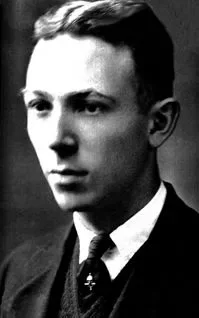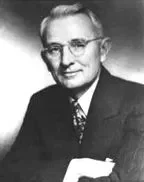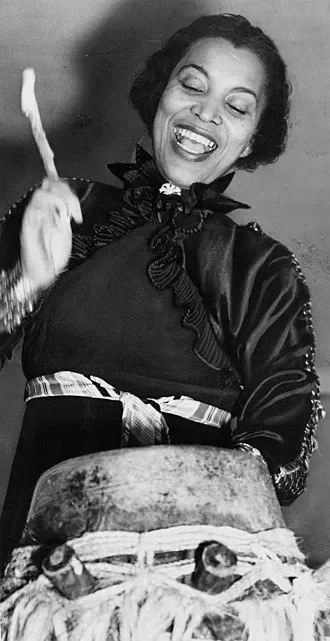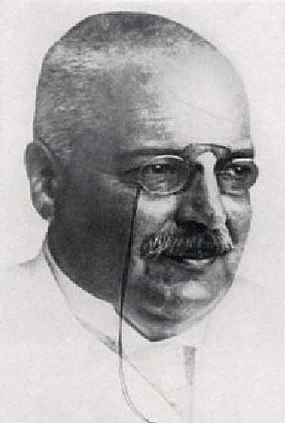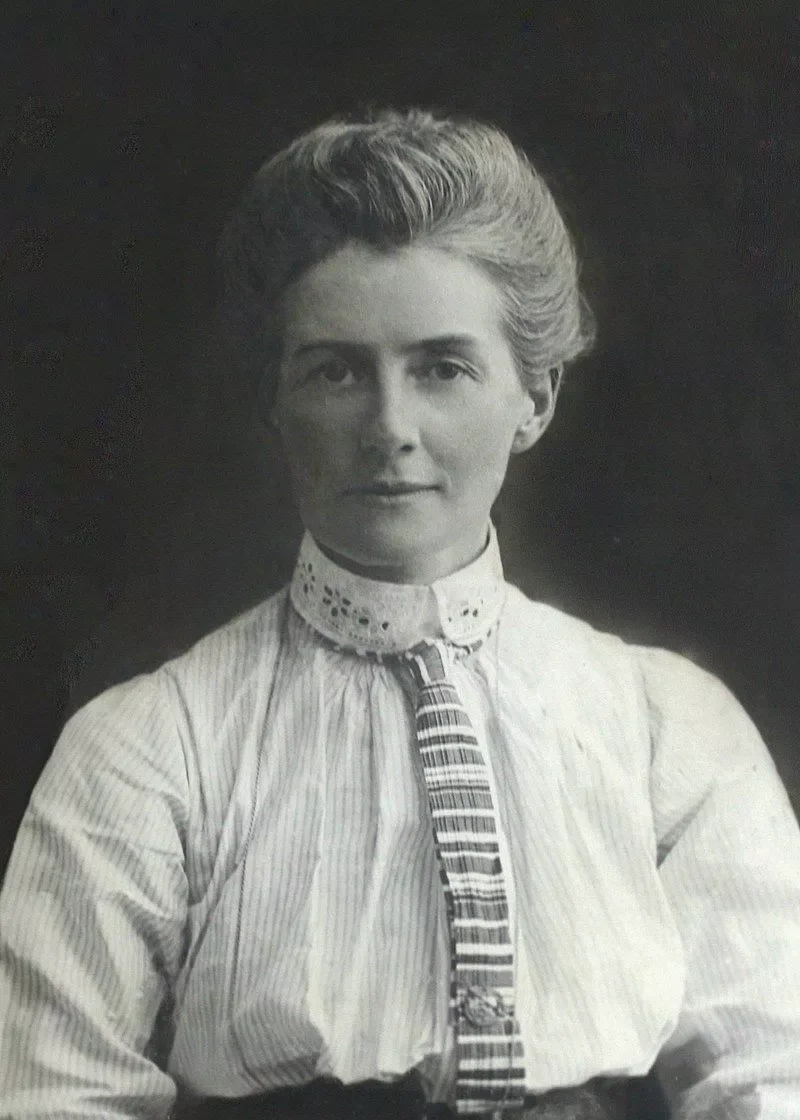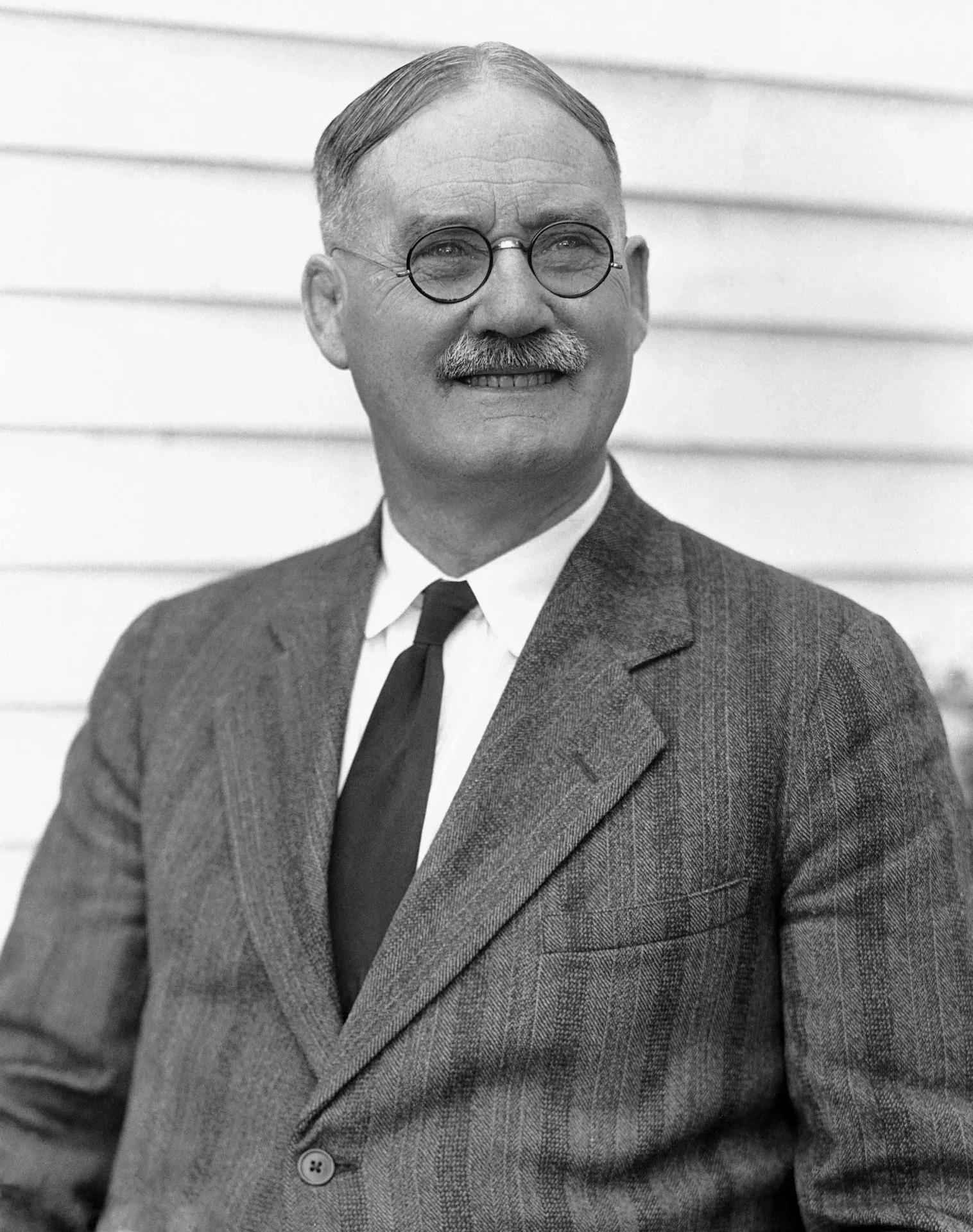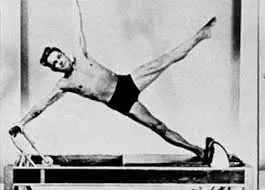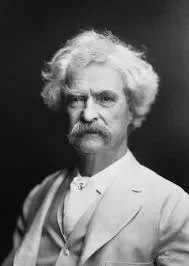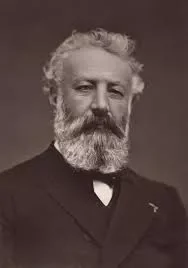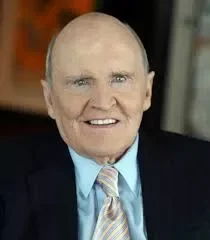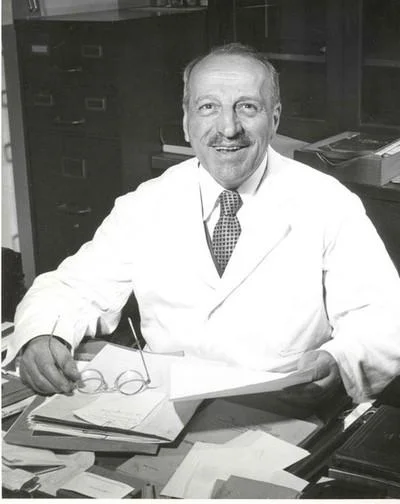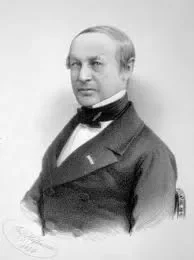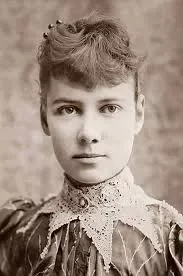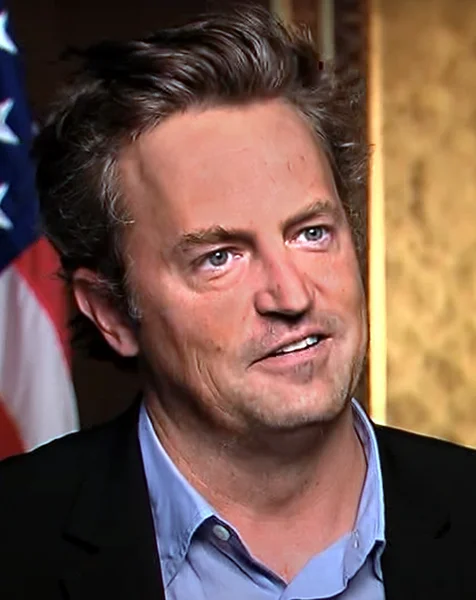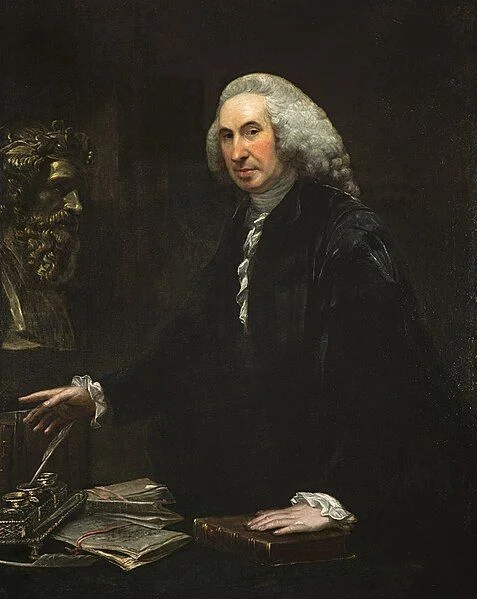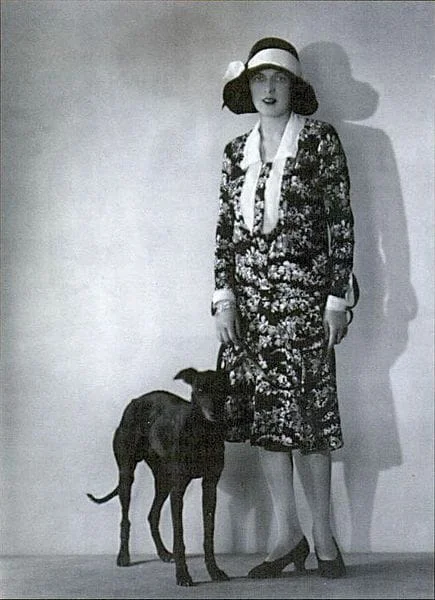Real Celebrities Never Die!
OR
Search For Past Celebrities Whose Birthday You Share
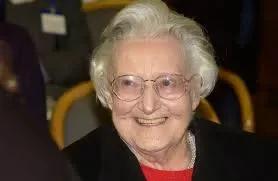
source:wikipedia.org
Cicely Saunders
Birthday:
22 Jun, 1918
Date of Death:
14 Jul, 2005
Cause of death:
Breast cancer
Nationality:
English
Famous As:
Nurse
Age at the time of death:
87
Cicely Saunders's Quote's
Introduction to Cicely Saunders
Cicely Saunders, the British nurse, social worker, physician, and writer, is widely acknowledged as the pioneer of the modern hospice movement. Her unwavering commitment revolved around enhancing the quality of care for patients reaching the end of their lives and bringing attention to the significance of palliative care.
Early Life and Education
Born in 1918 in Barnet, England, Saunders pursued her studies at Oxford University. During World War II, she served as a nurse and later specialized as a medical social worker.
Inspirational Encounter with David Tasma
It was during her time at St Thomas’ Hospital in London that she encountered David Tasma, a Polish Jewish refugee battling cancer. Tasma’s profound influence inspired Saunders to embark on a career in medicine and kindled her vision of establishing a sanctuary where individuals could experience their final moments with dignity and solace.
Developing the Hospice Philosophy
In 1957, after completing her medical degree, Saunders commenced her work at St Joseph’s Hospice, an institution managed by the Sisters of Charity. It was here that she formulated her comprehensive approach to end-of-life care, encompassing not only physical ailments but also attending to emotional, social, and spiritual needs.
Research and Advocacy in Palliative Care
Additionally, she conducted significant research on pain management and the utilization of opioids. Saunders ardently advocated for the recognition of terminal care as a specialized field and emphasized the importance of involving patients and families in decision-making processes.
Founding St Christopher’s Hospice
In 1967, Saunders established St Christopher’s Hospice in Sydenham, London, which was the pioneering hospice to integrate exceptional medical care, education, and research. She held the position of medical director until 1985 and served as chairperson until 2000.
Final Days and Passing
In her final days, Dame Cicely Saunders was cared for at St Christopher’s Hospice, the very institution she had founded in 1967. She spent her last months there, initially enjoying the opportunity to observe the hospice’s operations and the quality of care provided. As her condition worsened, she received a steady stream of visitors who came to say their goodbyes.
Saunders had been diagnosed with breast cancer but continued her work despite her illness. On July 14, 2005, at the age of 87, Dame Cicely Saunders passed away at St Christopher’s Hospice in London. Her death was due to complications from breast cancer. True to her beliefs, she chose to spend her final moments in the hospice setting she had championed throughout her life, surrounded by the compassionate care she had worked so hard to establish for others.
Legacy and Impact
Saunders left behind an extraordinary legacy that continues to shape end-of-life care worldwide. She founded the modern hospice movement, emphasizing the importance of treating the “total pain” of patients – addressing their physical, emotional, social, and spiritual needs.
Global Influence on End-of-Life Care
Her work led to the establishment of hospices globally and the integration of palliative care into mainstream medicine. Saunders’ vision of providing dignity, compassion, and respect to the dying, along with effective pain management, has improved the lives of countless patients and families.
Continuing Inspiration
Her impact on healthcare is immeasurable, and her approach to end-of-life care continues to inspire and guide medical professionals around the world.
Name:
Cicely Saunders
Popular Name:
Cicely Saunders
Gender:
Male
Cause of Death:
Breast cancer
Spouse:
Place of Birth:
Barnet, Hertfordshire, England
Place of Death:
Bromley, London, England
Occupation / Profession:
Personality Type
Advocate: Cicely Saunders cared deeply for her patients and she was willing to go the extra mile to help them.
Cicely Saunders is considered the founder of the modern hospice movement.
Her work revolutionized end-of-life care worldwide.
Saunders emphasized holistic care for terminally ill patients.
Saunders established St Christopher's Hospice in London in 1967.
She advocated for pain management and emotional support in palliative care.
Cicely Saunders was a Member of the Order of Merit
Saunders was a Fellow of the Royal College of Physicians
She was a Fellow of the Royal College of Surgeons
She was Fellow of the Royal College of Nursing
She was the Dame Commander of the Order of the British Empire
She was the Dame of the St. Gregory the Great.

